In parts of the United States, inhabitants know certain months of the year are “hurricane season.” Some areas flood repeatedly. Yet, people move to these places and don’t take proper precautions. They literally build their houses on sand. Why do people act like ostriches, hiding their heads from clearly present danger? Professors Robert Meyer and Howard Kunreuther analyze this problem and propose steps to resolve it. They put disaster preparation in the context of how people think and where they tend to stumble due to common cognitive biases.
The human mind works badly in a crisis, and it’s not so good at disaster prevention, either.
In 1900, a massive storm hit Galveston, Texas. It killed more than 8,000 people, the most hurricane fatalities ever at that time in the United States. In 2008, a hurricane hit the same part of Texas. By then, Galveston had satellite surveillance, radar warnings and airborne reconnaissance. Even so, the 2008 hurricane repeatedly breached the seawall built after the 1900 storm, caused more than $14 billion in damages and killed 100 people.
A striking chasm separates information and “protective technology” from subsequent “protective action.” The technological ability to forecast catastrophes has improved, but that has not reduced the resulting physical losses. Five of the 10 most expensive natural disasters in history have struck since 2005.
“The ostrich paradox” expresses the disconnect between knowledge and action. A cliché holds that ostriches bury their heads in the sand to escape threats. Biases that are part of people’s “cognitive DNA” shape their understanding of the world and often cause them to ignore uncomfortable information...
Robert Meyer is the Frederick H. Ecker/MetLife Insurance professor of marketing, and Howard Kunreuther is the James G. Dinan professor emeritus of decision sciences and public policy, at the Wharton School.









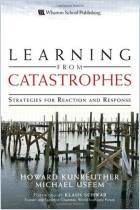
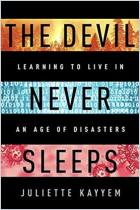
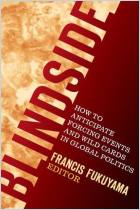
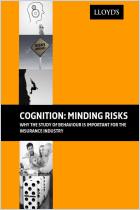
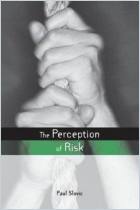
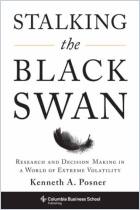
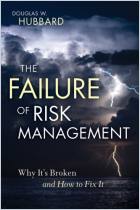

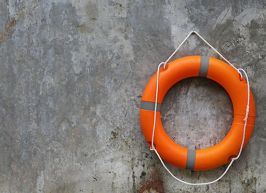


Comment on this summary or Iniciar a Discussão